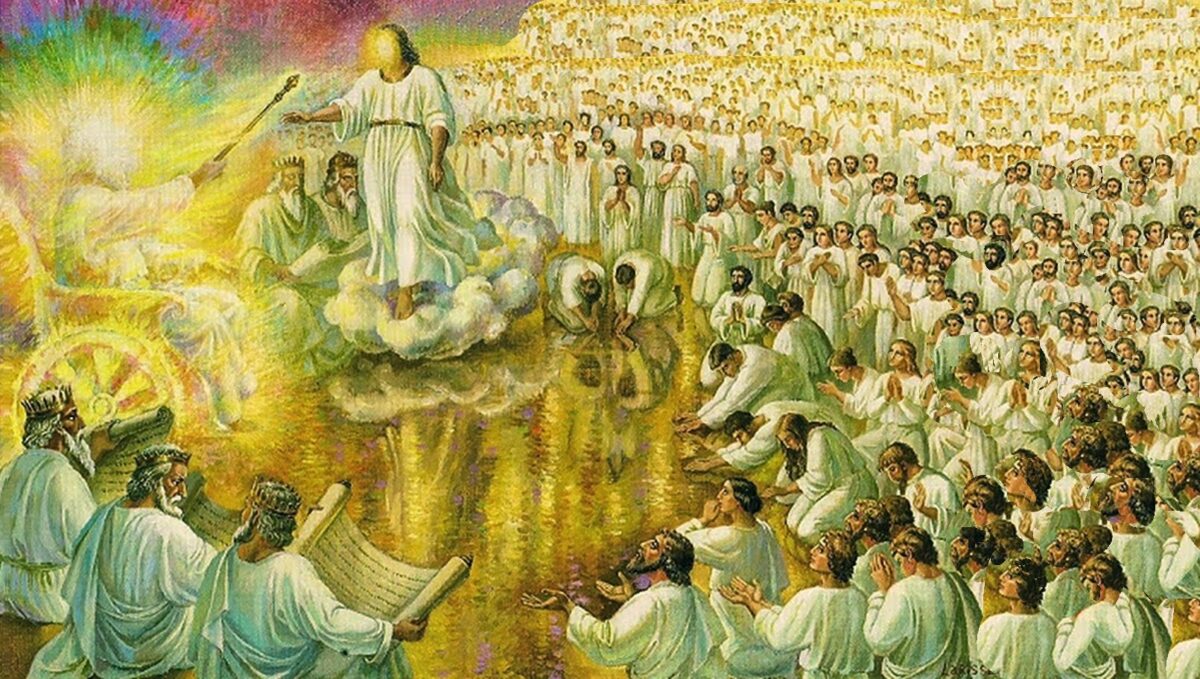The Bible is a complex and intricate book, filled with rich history, stories, and teachings that span thousands of years. One of the most useful tools for studying the Bible is the timeline. Timelines allow us to see the order and sequence of events in the Bible, and to better understand how the stories and teachings fit together into a larger narrative.
The Bible covers a vast period of time, from the creation of the world to the end of the world. In between, there are countless stories of God's people and their interactions with each other, with their enemies, and with God himself. A biblical timeline allows us to see all of these stories and events in context, providing a clearer picture of the history of God's people.
One of the earliest biblical timelines is found in Genesis 5, which traces the genealogy of Adam to Noah. This timeline provides a clear sequence of events, from Adam's creation to the birth of Noah's sons, and shows the ages of each person at the time of their death.
Another important timeline is found in Exodus, which outlines the timeline of the Israelites' journey from Egypt to the Promised Land. This timeline includes events such as the plagues of Egypt, the parting of the Red Sea, and the giving of the Ten Commandments at Mount Sinai.
The timeline of the kings of Israel and Judah is also a crucial part of biblical history. This timeline covers the reigns of the many kings who ruled over Israel and Judah, including David, Solomon, and Josiah. This timeline allows us to see the rise and fall of these kingdoms and provides insight into the political and religious landscape of ancient Israel.
One of the most significant timelines in the Bible is the timeline of Jesus' life. This timeline covers the major events in Jesus' life, from his birth in Bethlehem to his death and resurrection. This timeline is a crucial part of Christian history and provides the foundation for the Christian faith.
There are many benefits to using timelines in biblical study. Timelines provide a clear and concise way to visualize the order and sequence of events in the Bible. They allow us to see how stories and events fit together into a larger narrative, and to better understand the historical context in which they took place.
In addition to providing a deeper understanding of the Bible, timelines can also be a useful tool for teaching others about the Bible. They can be used in Sunday school classes, Bible studies, and sermons to help others better understand the history and teachings of the Bible.
In conclusion, biblical timelines are a valuable resource for anyone studying the Bible. They allow us to see the history of God's people in a clear and concise way, and provide a deeper understanding of the stories and teachings of the Bible. Whether you're a seasoned theologian or a beginner just starting to explore the Bible, a timeline is an essential tool for any serious student of the Word.




